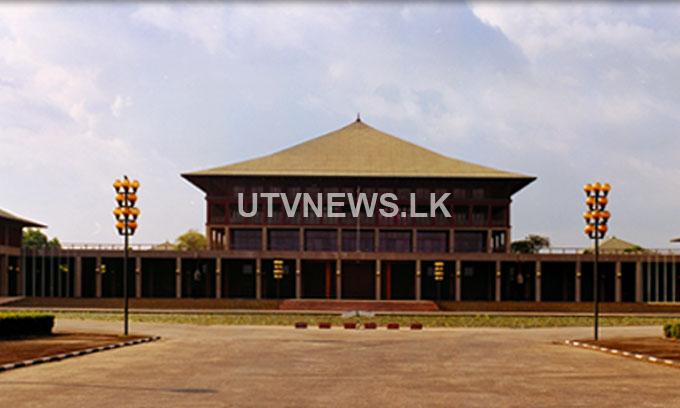(UTV | COLOMBO) – The opposition has questioned the motive behind the decision to prorogue Parliament by the President.
Speaking during a media briefing in Colombo today, Parliamentarian Tissa Attanayake said Parliament was due to convene on the 11th of January but a Gazette has been issued overnight to delay the commencement of Parliament until the 18th of January.
MP Attanayake said the public has also been questioning the motives behind the move.
He said when Parliament is prorogued, decisions and progress made by special purpose committees such as the Committee on Public Enterprises and Committee on Public Accounts are suspended while advisory committees also cannot function.
He said all such committees must be reappointed when Parliament convenes once again.
MP Tissa Attanayake said if the President has a special reason to prorogue Parliament, it should’ve been conveyed to the public.
He said they don’t believe there was a special requirement to prorogue Parliament and the reason behind the move was to stifle investigations carried out by Parliamentary committees.
He noted a number of corrupt deals of the present administration were exposed in Parliament last week adding they have suspicions that the government wanted to curtail such incidents from being probed.
Parliamentarian Tissa Attanayake stressed that the move to prorogue Parliament is undemocratic and will only delay justice.
President Gotabaya Rajapaksa yesterday issued an Extraordinary Gazette notification to prorogue Parliament with effect from midnight.
The gazette was issued under Article 70 of the Constitution.
Accordingly, the next session of Parliament will commence at 10am on the 18th of January 2022.
The last sitting of Parliament for this year took place on Friday where the Budget for the 2022 Financial Year was passed.

